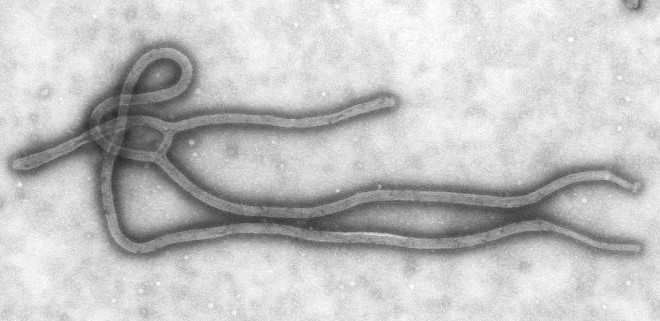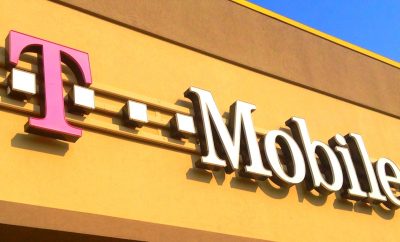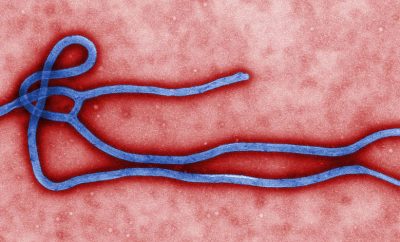
News
Liberia to Prosecute Ebola-Infected Traveler
For the first time in the United States during the current outbreak, a patient was diagnosed with the Ebola virus–the Centers for Disease control confirmed the case on Tuesday. As if Thomas Duncan, the infected Liberian man who came to the United States, doesn’t have enough to worry about, he’s also facing legal trouble. The Liberian government will prosecute Duncan when he returns to Liberia for allegedly lying on an airport questionnaire, the Associated Press reported.
Duncan left Liberia on September 19th to visit his family and wasn’t showing any symptoms at the time. Days before, he helped take a 19-year-old infected pregnant woman to a hospital and helped bring her back home when she was turned away for lack of space, the New York Times reported. The woman, Marthalene Williams, died the next day. Williams’ parents said that Duncan helped carry her back from the taxi to her house. Her brother, who accompanied her, her father, and Duncan on the taxi ride home, also started showing symptoms of Ebola and died less than a week later.
When Duncan was at the airport on his way out of Liberia, he received a questionnaire given to anyone intending to depart Liberia, Guinea, and Sierra Leone – the three West African countries countries most severely facing the Ebola epidemic – asking him about his recent contact history in the country. Duncan answered “no” when when asked whether he had been in contact with anyone who may have been infected.
Duncan passed the screening at the airport without showing any sign of symptoms and boarded his plane. The idea that Liberian officials would threaten to prosecute him might suggest double standards, since people are still able to move between countries in West Africa. But Liberia may have chosen to do this to make an example out of Duncan. It’s likely that Liberia wants to set a precedent that its screenings are serious business and wants countries to where Liberians travel to be reassured about that, Cornell University Law professor Jens Ohlin told the Atlantic.
The sudden decision to prosecute an infected person might also be an attempt not to upset U.S. officials, though Ohlin doesn’t seem to think so. This hasn’t happened in other major countries, so it is tough to say whether Liberia is singling out the United States.
Duncan is arguably very lucky that he happened to be in America when he started to show symptoms of Ebola. The average death rate has been up to 90 percent in previous outbreaks, according to the World Health Organization. But in August, two American aid workers who were working in West Africa were cured of the disease after being treated in Atlanta.
Currently being treated in a Dallas hospital, Duncan started showing symptoms on Sept. 24 and went in for treatment two days later. His family members in Dallas have also been quarantined in their apartment. While the situation is dire in West Africa, CDC Director guaranteed that it wouldn’t be a problem in the United States. “The United States has a strong health care system and public health professionals who will make sure this case does not threaten our communities,” he said in a press release on Tuesday.
—
Zaid Shoorbajee (@ZBajee)
Featured image courtesy of [Phil Moyer via Flickr]








Comments